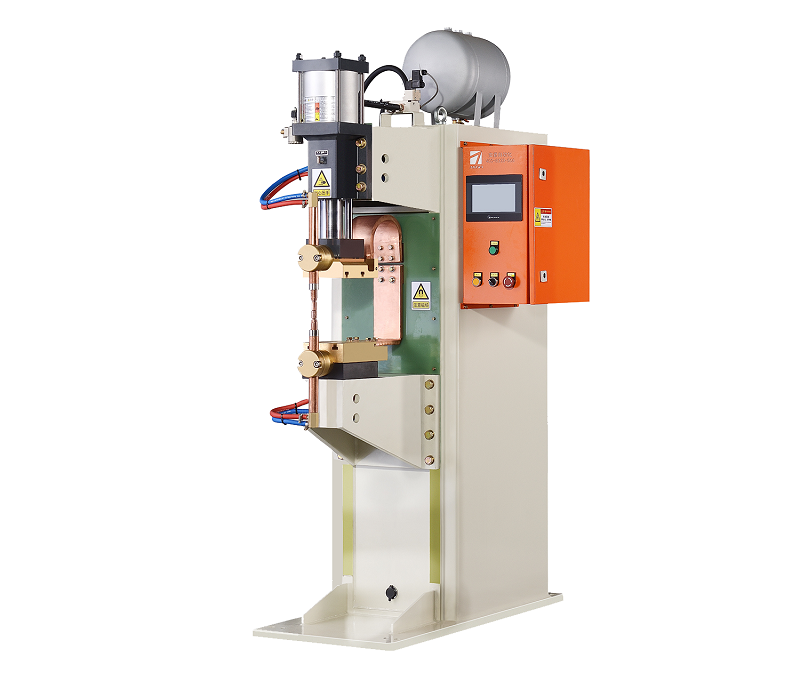In the realm of manufacturing and industrial processes, even the seemingly minor details can have a profound impact on the quality and efficiency of the end product. One such detail that often garners limited attention is the maintenance and grinding of electrodes in medium frequency spot welders. This article delves into the significance of electrode grinding in this context, shedding light on its crucial role in achieving optimal welding outcomes.

Medium frequency spot welders are widely used in various industries for their ability to create strong and durable welds in a short amount of time. These welders operate by passing a high current through electrodes, generating heat at the welding point to fuse the metals together. However, over time, the constant application of high current and heat takes a toll on the electrodes, leading to wear and deterioration. This degradation not only affects the overall welding performance but also poses several challenges to the integrity of the final product.
Electrode grinding, often overlooked or deemed as an insignificant chore, plays a pivotal role in mitigating the negative effects of electrode wear. Regular grinding helps to maintain the proper shape and surface quality of the electrodes. When electrodes become worn or uneven, the distribution of heat during welding becomes uneven as well, leading to weak welds, inconsistent results, and increased energy consumption. By keeping the electrodes in optimal condition, manufacturers can ensure a consistent and reliable welding process, ultimately resulting in stronger and more durable welds.
Another critical aspect influenced by electrode grinding is the prevention of spatter. Spatter, the unwanted expulsion of molten metal during welding, can mar the appearance of the welded joint and even compromise its structural integrity. Electrode grinding helps to create smoother and cleaner electrode tips, reducing the likelihood of spatter formation. This not only improves the aesthetics of the final product but also saves time and effort that would otherwise be spent on post-weld cleaning and rework.
Furthermore, electrode grinding contributes to the overall safety of the welding process. Worn electrodes are more prone to overheating, which can result in equipment damage and workplace hazards. By maintaining well-grounded electrodes, the risk of overheating and associated accidents is significantly reduced, ensuring a safer working environment for operators.
In conclusion, the practice of electrode grinding holds undeniable importance in the realm of medium frequency spot welding. It directly influences welding quality, consistency, efficiency, and safety. Manufacturers and operators must recognize that neglecting electrode maintenance can lead to subpar welds, increased costs, and potential safety risks. By prioritizing regular electrode grinding, industries can optimize their welding processes, enhance product quality, and maintain a secure workplace.
Remember, in the world of manufacturing, even the seemingly small sparks can ignite significant differences – and electrode grinding is a key spark that keeps the welding process alight with excellence.
Post time: Aug-24-2023


